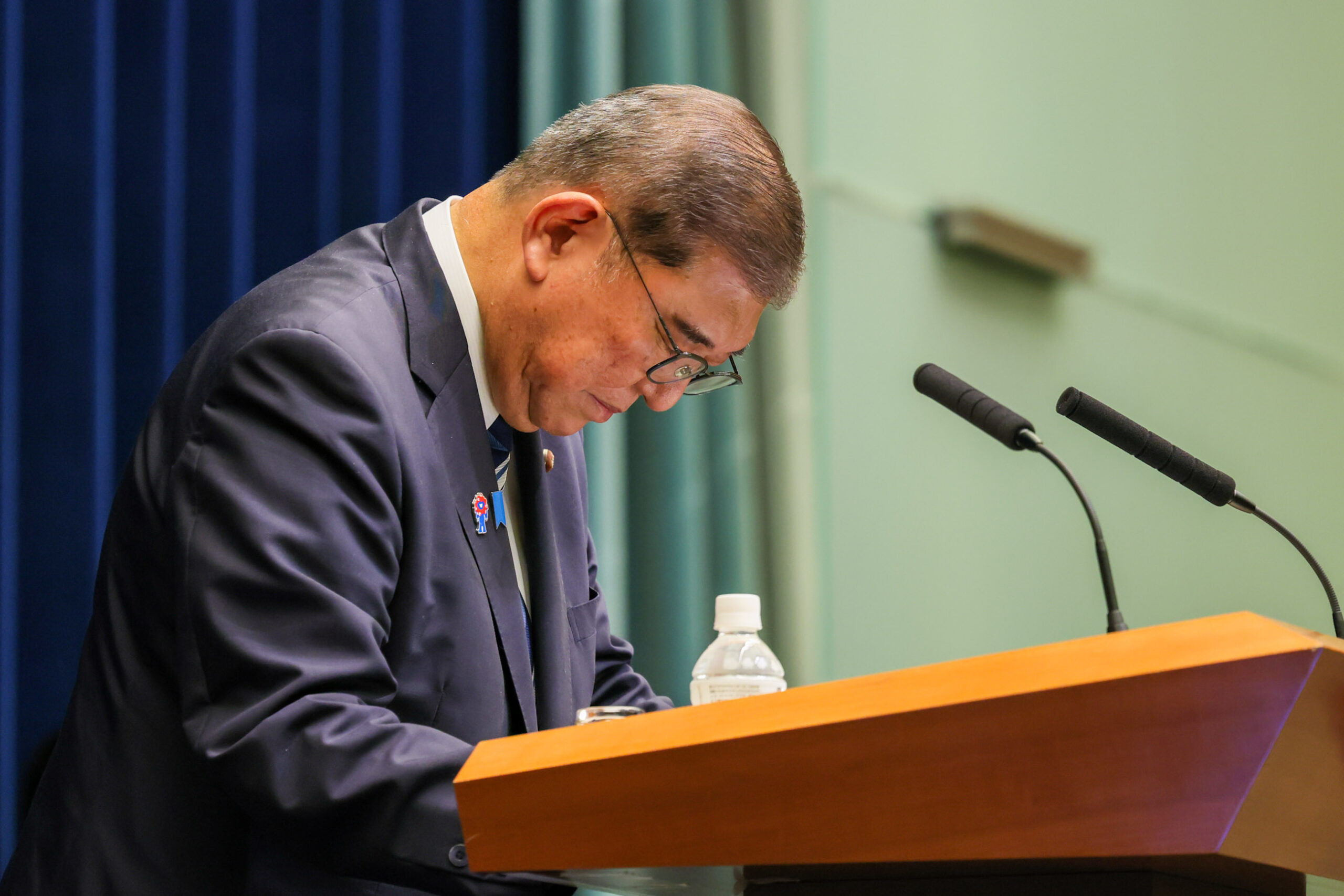
Ishiba Steps Down: What Comes Next for Tokyo and Japan-EU Relations?
On the evening of Sunday 7 September 2025, Ishiba Shigeru announced he was stepping down from his position as the Prime Minister (PM) of Japan after less than a year in office. The decision has come following multiple election blows of his ruling coalition, consisting of Ishiba’s Liberal Democratic Party (LDP) and Komeito. Already in October 2024, just weeks after having assumed office, the coalition lost its majority in the Lower House, following poor results in the general election. In July 2025, the majority was also lost in the Upper House after disappointing parliamentary election results, causing calls for Ishiba’s resignation as Prime Minister to grow louder.








